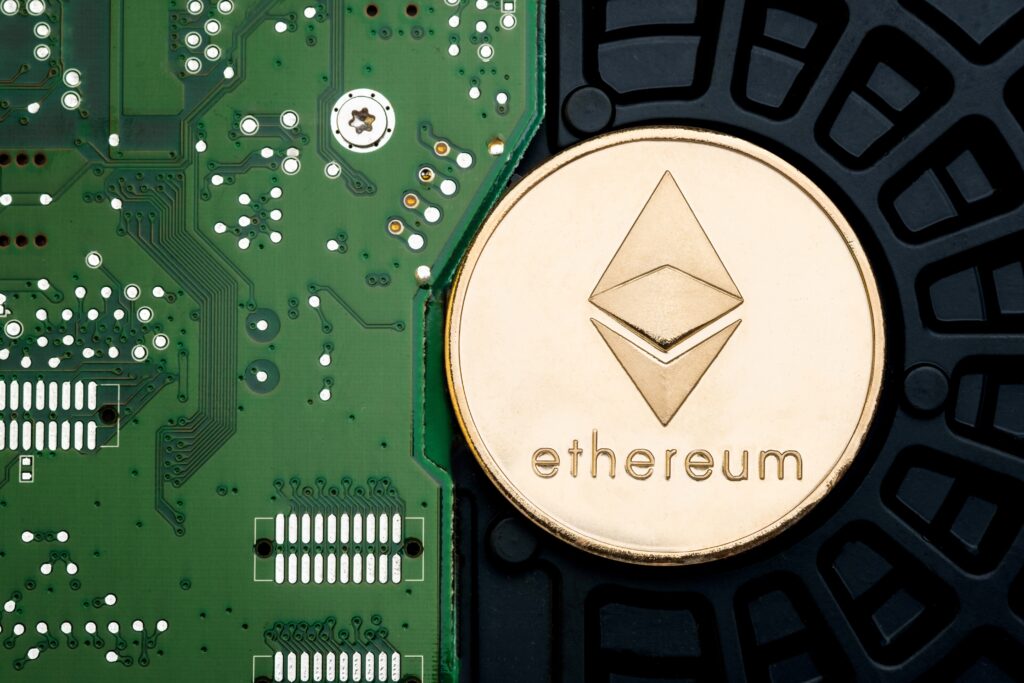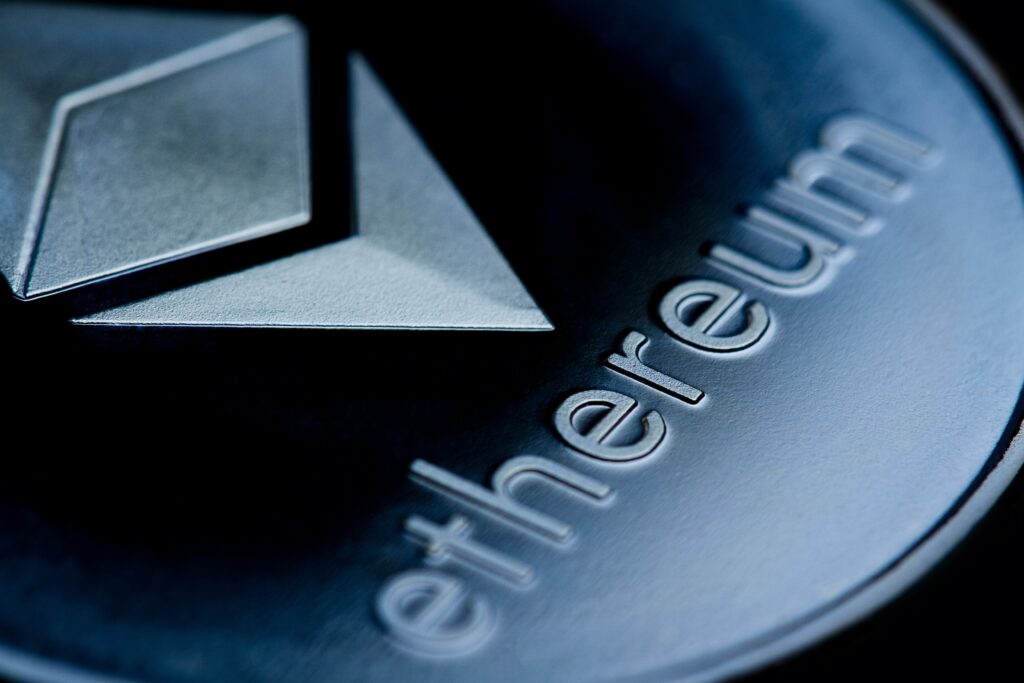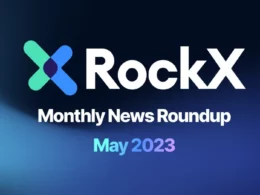In early August, the US Treasury banned the use of decentralised crypto-mixing service Tornado Cash as a matter of national security, citing North Korean hackers allegedly using it to launder stolen crypto funds.
The Office of Foreign Assets Control (OFAC), the agency tasked with preventing sanctions violations, then added Tornado Cash to its Specially Designated Nationals list. This prohibits US persons and entities from interacting with Tornado Cash or any Ethereum wallet addresses tied to the protocol.
According to the officials, since its creation in 2019, Tornado Cash has been used to launder more than $7 billion of virtual currency.
A senior department official said that Tornado Cash had been the go-to mixer for not only cybercriminals looking to launder the crime proceeds “by covering up the origin and transfer of this illicit virtual currency” but also enabling hackers who are under US sanctions.
Over 40 addresses were put on the sanctioned list by OFAC, including Tornado Cash’s proxy address, donation address, a Gitcoin grants address, and a few USDC addresses as well.
Stablecoin USDC issuer Circle has already blacklisted the sanctioned addresses, freezing more than $75,000 worth of USDC, which has impacted the stability of the stablecoin DAI.
What’s going on between ETH and OFAC?

In the wake of the US government (through OFAC) making it illegal to use the Ethereum mixer, a conversation has started on Twitter about a potential user-activated soft fork (UASF) on Ethereum, which might potentially bypass OFAC’s transaction censorship.
Tornado Cash obfuscates the path of Ethereum-based transactions, the biggest ecosystem in crypto. The protocol exists as a smart contract on the Ethereum blockchain. Ethereum, meanwhile, is a decentralised database hosted by thousands of nodes spread all over the world. All these nodes, which are hosted in diverse jurisdictions, work together to create and maintain the global database of Ethereum.
This makes the Tornado Cash code unstoppable because it is permissionless and uncensorable and is still accessible by anyone with an Ethereum account. This makes it challenging to enforce the ban.
Anyone can send funds from Tornado Cash to any Ethereum account. However, that would enlist that account in prohibited activity but through no fault of the owner.
Following the Tornado Cash sanctions, users who have interacted with the Ethereum mixer have lost access to decentralised finance (DeFi) platforms built on Ethereum. This is because the DeFi platforms like Aave, Circle, Alchemy, dYdX, Infura, Balancer, and Uniswap have already started complying with the OFAC sanctions by barring users even if there was no proof of wrongdoing beyond using Tornado Cash.
These actions are against the ethos of crypto, and proponents of this decentralised world must discourage censorship. To deter wide-sweeping censorship and combat blacklisting Tornado Cash users, there have been discussions about a UASF on Ethereum.
According to some, Ethereum’s move to PoS might make a UASF feasible due to slashing, which is a way to punish validators who misbehave through a fine.
Ethereum is currently planning for a big technology upgrade called “Merge.” This long-awaited transition will take it from the proof-of-work (PoW) consensus mechanism to proof-of-stake (PoS), which is expected to happen on Sept. 15.
But of course, not everyone favors a UASF, as critics argue that running a full node won’t be possible on Ethereum due to its immense computation requirement. So, how will one enforce the rules if they can’t run their full node?
Moreover, it requires 32 ETH (about $55,000 at current Ether prices) to run a validator on the blockchain, which makes it very expensive for regular users. However, users can utilise staking pools where they can deposit ETH into a validator pool controlled by a larger validator like Coinbase, which has 103 million verified users and 14,500 institutional clients.
Coinbase is a publicly-traded company that runs a staking pool with which it holds millions of ETH that belong to its users. This way, users would be slashing their own ETH.
The Public Reacts

People are now left wondering about their locked-up funds in Tornado Cash that they no longer touch as they lose the ability to interact with DeFi project front-ends based on their past interactions with the mixer.
Coinbase CEO Brian Armstrong has already stated on Twitter that if asked to censor at the Ethereum protocol level, they will go with the shutdown of the staking service to preserve network integrity.
Most recently, Coinbase also announced that it was funding a lawsuit against the US Treasury to block its sanctions regarding Toronado Cash. The lawsuit is filed in a US district court in Texas by six users of the crypto mixer accusing the Treasury Department of violating constitutional rights to free speech and overstepping its authority in sanctioning Tornado Cash.
Ethereum co-founder Vitalik Buterin meanwhile, has shown disapproval of the possibility of Ethereum censorship by the OFAC. According to him, such an action amounts to an attack on the network and could bring results in different dimensions.
In a Tweet, Buterin disclosed his stance that pools complying and censoring at the protocol level will be considered a censorship attack on Ethereum and would support burning their ETH stake via social consensus.
Effect on Institutions

In PoS, censorship scenarios are more complex than in PoW, which means regulators may not know what action to take, resulting in less regulatory action. However, it could also cause problems in the form of less staking from large financial institutions that seek regulatory clarity. But at the same time, lower overall levels of coins staking would result in higher yields.
Shark Tank investor Kevin O’Leary says that if the crypto sector wants big money to flow into the space, it needs a more rule-based environment, including clamping down on services like Tornado Cash.
“If we have to sacrifice him, that okay because we want to have some stability in that institutional capital,” O’Leary commented on the arrest of the suspected developer of Tornado Cash.
This censorship can also improve the adoption of real decentralised solutions and not those in the name only. People might consider unstaking their ETH tokens off centralised exchanges, which would invariably comply with regulators’ censorships.
Large validators who have already staked their ETH into the beacon chain may be left with few options, though. Even after the Merge, staked ETH tokens will remain locked in until 2023, meaning validators won’t be able to withdraw their staked funds from the Ethereum network. So, if Ethereum gets censored, a lot of investors and validators will be in trouble.
What to Expect in the Future?

It is yet to be seen just how the sanctions and censorship would affect and mold the largest network as the situation is still underway. Meanwhile, DeFi’s exposure to US-based institutions can affect the likelihood of the chain or protocol complying with sanctions.
Regulatory-wise, the Digital Commodities Consumer Protection Act treats Ethereum as a commodity regulated by the CFTC. SEC Chairman Gary Gensler also said recently that he would support CFTC having greater authority over the crypto market as long as it doesn’t inadvertently undermine securities laws” in the US.
For now, all eyes are on “Merge,” which will cut the network’s energy usage by 99.9% and set the stage for further improvements in terms of speed, cost, and scalability to its core infrastructure. Read more about tax implications of the Ethereum merge here.









